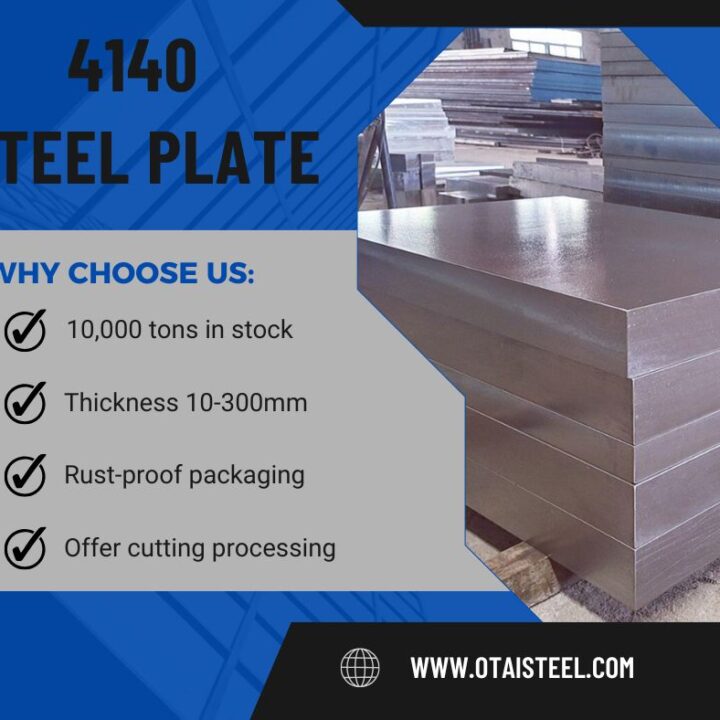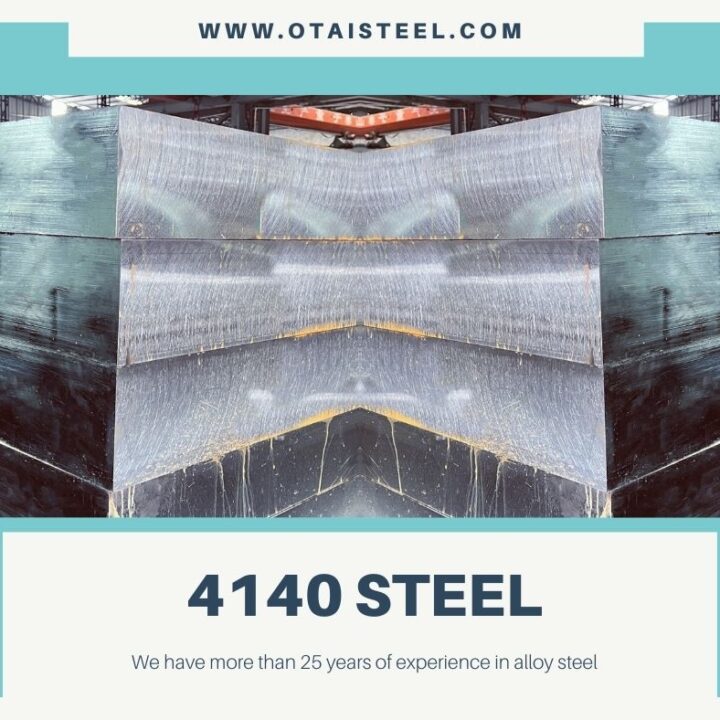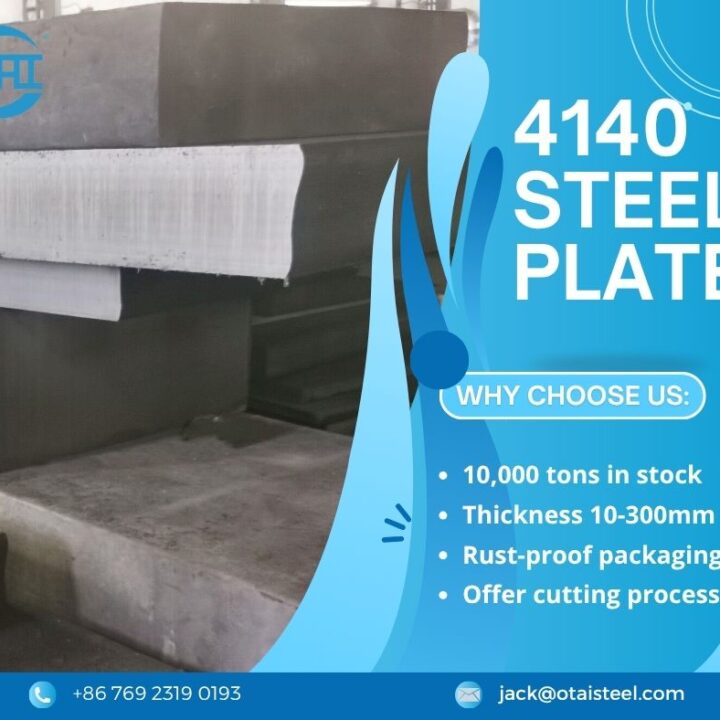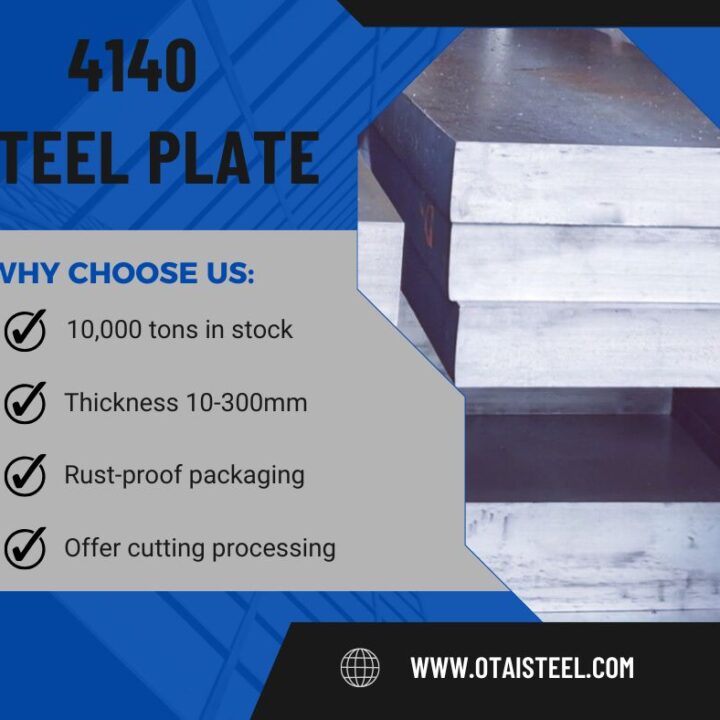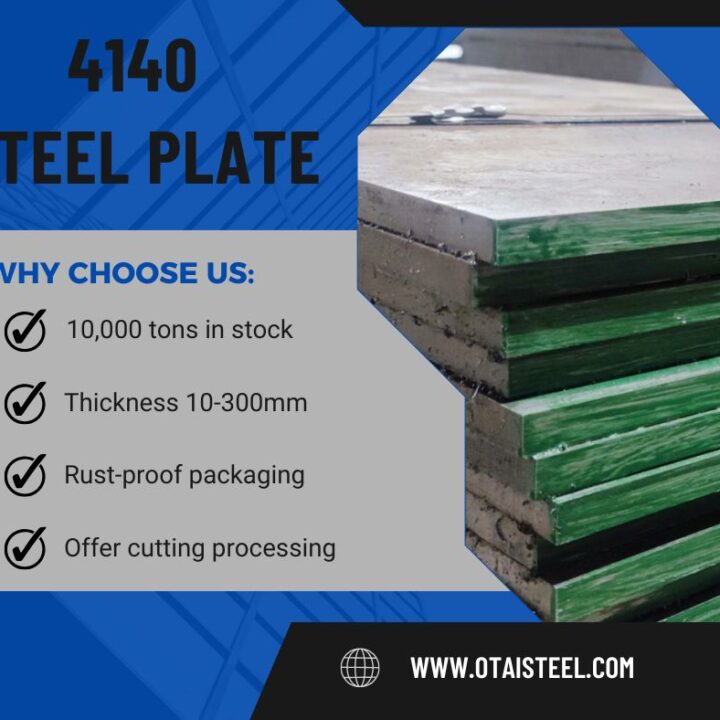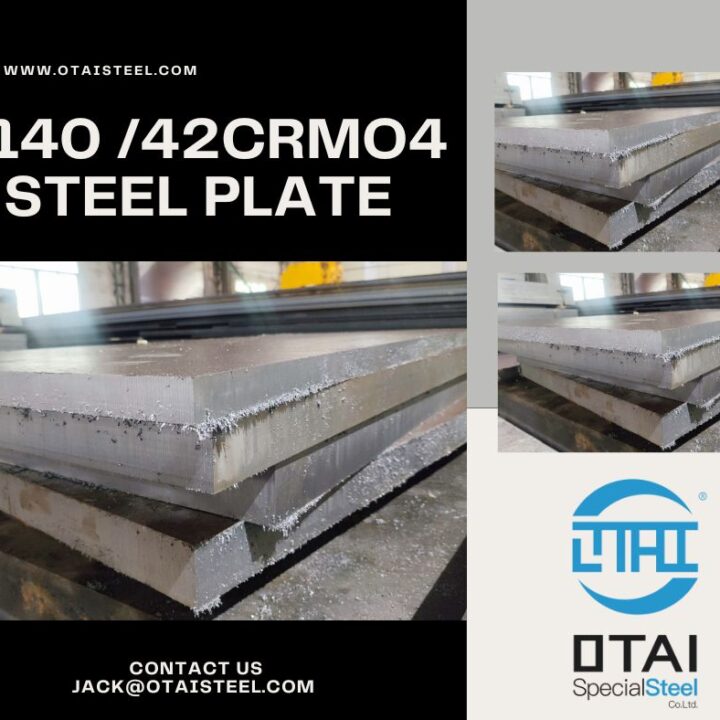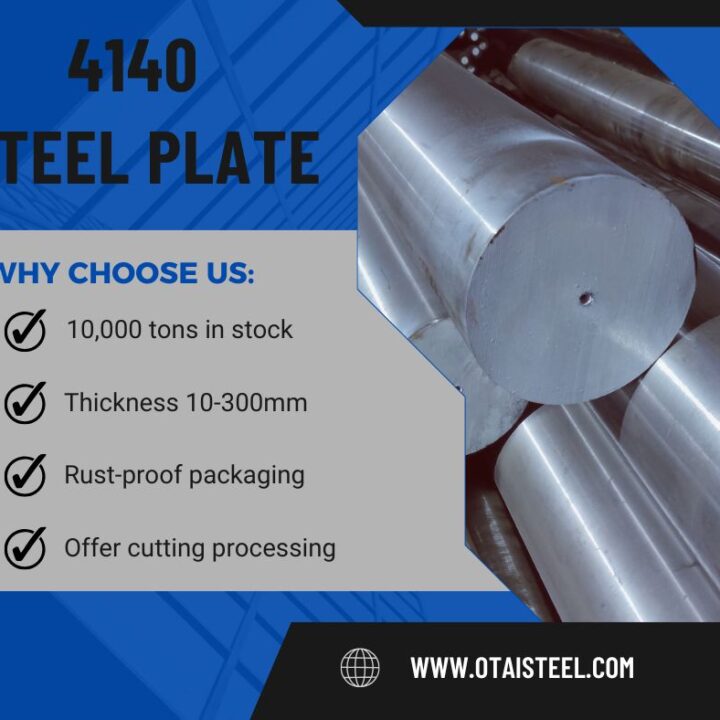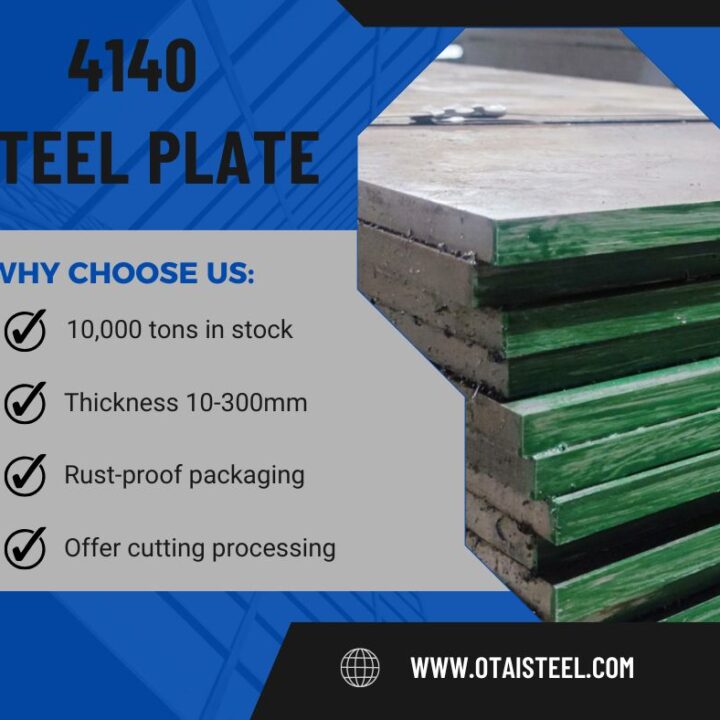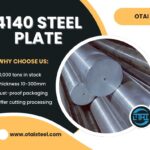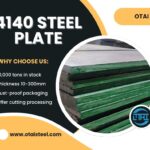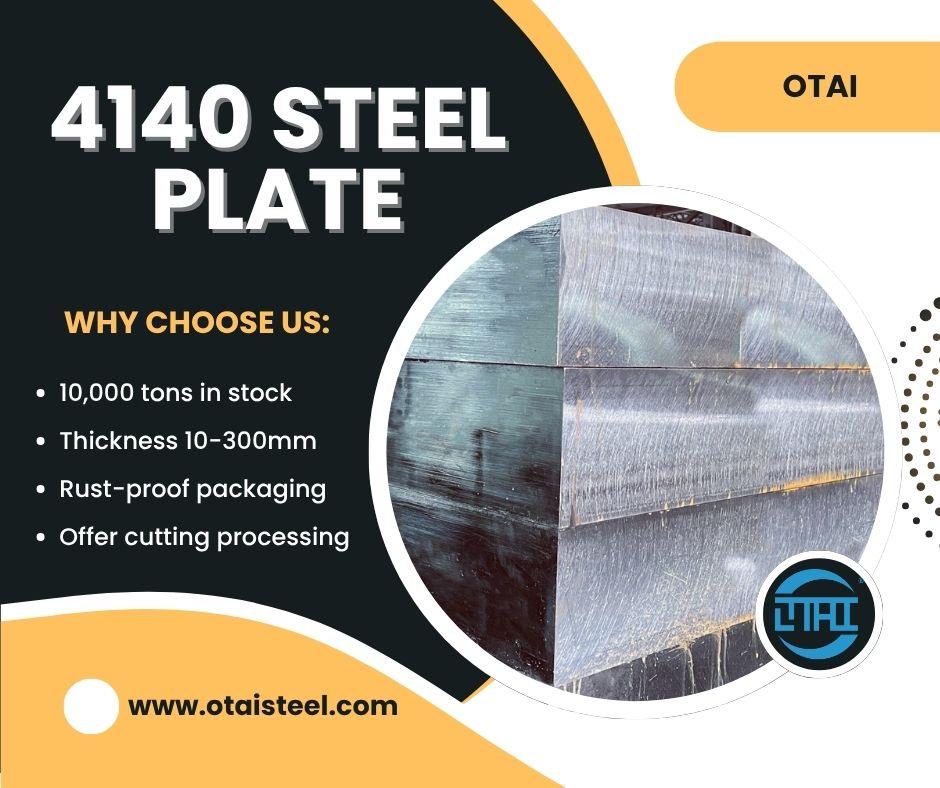 Annealed 4140 Steel Hardness: How It Affects Your Tools and Parts
Annealed 4140 Steel Hardness: How It Affects Your Tools and Parts
If you work with 4140 steel, you’ve probably heard about annealing. But let’s be real—how often do we stop and think about what the annealed hardness really means? Well, if your tools are wearing out too fast or your parts aren’t holding up like they should, this might be the problem.
So, What Is Annealed Hardness Anyway?
When steel is too hard, it’s a pain to machine. Tools wear out fast, cuts aren’t clean, and your machine runs hotter than it should. Annealing is a heat treatment where the steel gets heated up and then cooled down slowly. That makes it softer and easier to work with.
For 4140 steel, once it’s annealed, the hardness usually sits around:
-
Rockwell B: 85–95
-
Brinell: 197–217
That’s the sweet spot—still strong, but soft enough to machine without killing your tooling.
Why You Should Care
Here’s the deal: too hard, and you’ll be replacing inserts or bits all day. Too soft, and your parts won’t last under load. It’s all about balance. Good hardness means easier machining and parts that can actually hold up in the field.
Signs Something’s Off
You don’t need a lab to know something’s wrong. Watch out for:
-
Tools going dull way too fast
-
Blueing or rough finishes after cuts
-
Warping or small cracks showing up in finished parts
-
Uneven wear on gear teeth or shafts
If you’re seeing any of that, there’s a good chance the hardness isn’t where it should be.
What You Can Do About It
It doesn’t have to be complicated. Here’s what we do in the shop:
-
Use a Rockwell or Brinell tester once in a while, especially on new batches of steel
-
Pay attention to how your tools are holding up—if something feels off, it probably is
-
Make sure your annealing process (or your supplier’s) is consistent
Catching this stuff early can save you a ton of time, money, and frustration.
Quick Real-Life Example
I know a guy running a gear shop who had a bunch of 4140 parts wearing out faster than usual. Everything else was the same—machines, tools, setups. Turns out, the steel wasn’t properly annealed. He started checking hardness before machining, fixed the issue with his heat treater, and the problem went away. Simple fix, big results.
Why We Trust Otai Special Steel
We’ve used Otai for years now. Their 4140 steel is reliable, the hardness is consistent, and they ship fast. If you’re tired of guessing or dealing with bad batches, it’s worth giving them a call. Plus, they actually pick up the phone when you have questions.
Bottom Line
If you’re working with 4140, don’t ignore the annealed hardness. It might seem like a small detail, but it can make a big difference. Good hardness = easier machining and stronger, longer-lasting parts.
Need help? You can reach out to jack@otaisteel.com or message them on WhatsApp: +86 769 23190193. They’re easy to talk to and know their stuff.
